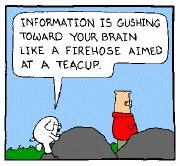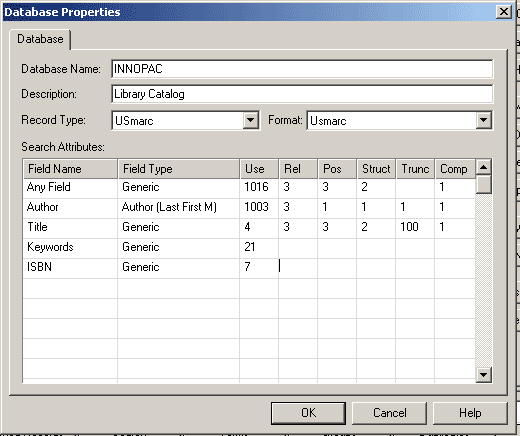Rozin P, Ashmore M, Markwith M
Lay American conceptions of nutrition: Dose insensitivity, categorical thinking, contagion, and the monotonic mind
HEALTH PSYCHOLOGY 15 (6): 438-447 NOV 1996
Abstract: Two studies explored Americans’ tendency to simplify nutrition information. Substantial minorities of separate samples of college students, physical plant workers, and a national sample considered a variety of substances, including some essential nutrients (salt and fat), to be harmful at trace levels. Almost half the respondents believed that high-calorie foods in small amounts contain more calories than low-calorie foods in much larger amounts. Many subjects classified foods according to a good/bad dichotomy, and almost all subjects confounded nutritional completeness with long-term healthfulness of foods. To account for these results, we suggest the following heuristics and biases: dose insensitivity, categorical perception, a ”monotonic mind” belief (if something is harmful at high levels then it is harmful at low levels), and the magical principle of contagion.


